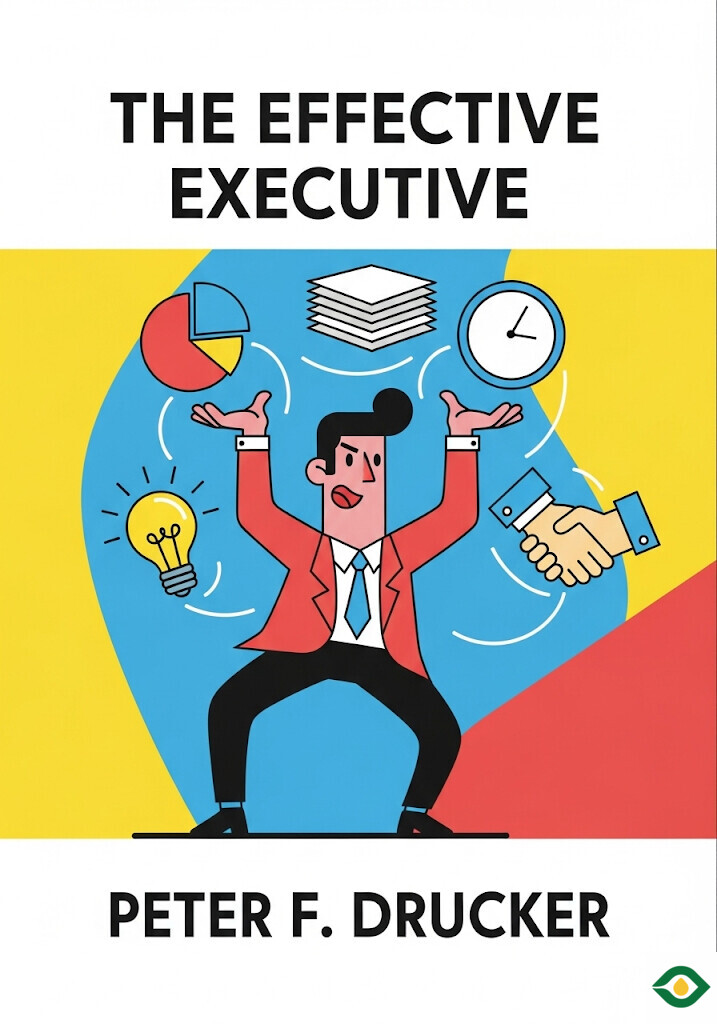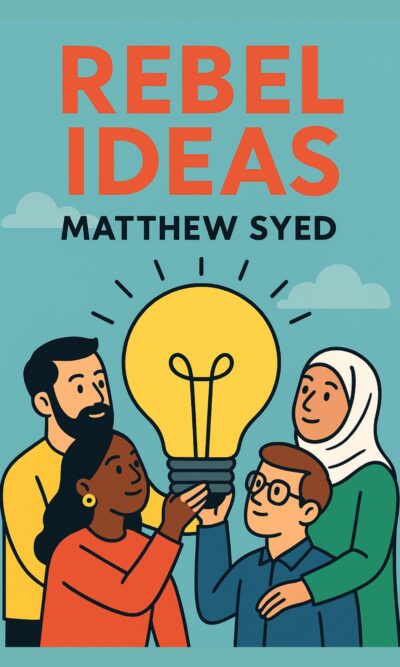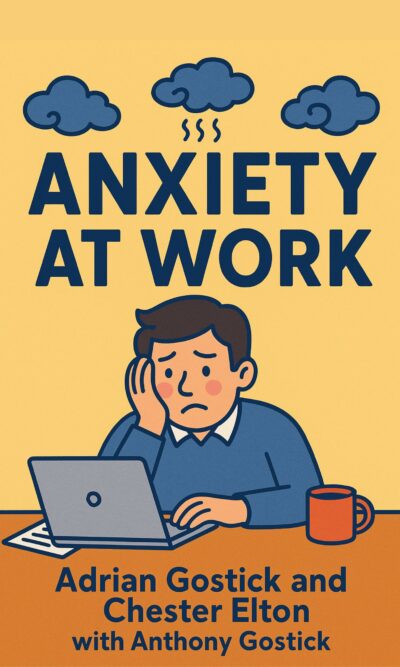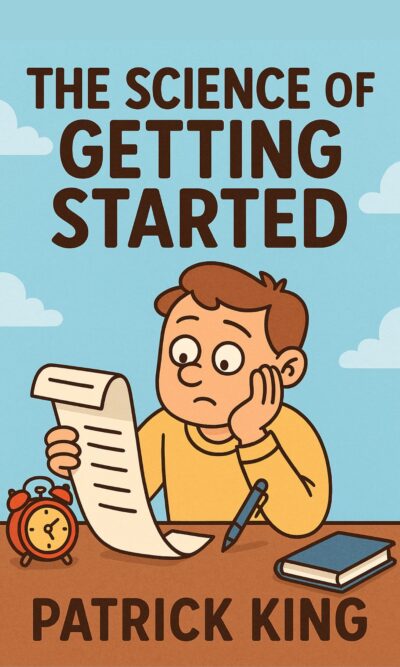Description
An executive is not born ready-made. Effectiveness is something learned, practiced, and improved over time. The role of an executive is not about titles or status, but about results—about guiding work, setting priorities, and enabling people to do their best. This book explains how to become an effective executive by mastering time, decision making, leadership, and collaboration.
Executives are measured not by effort but by outcomes. Unlike manual workers, whose productivity can be counted in items produced, executives and knowledge workers create results through decisions, strategies, and problem solving. For this reason, the true test of effectiveness is not hours spent in the office but whether meaningful results are delivered.
The first step toward effectiveness is self-development. A good executive must be willing to improve, to look honestly at strengths and weaknesses, and to adjust accordingly. Regularly reviewing your own performance is powerful. Compare expected results with actual outcomes to see where you truly add value and where you fall short. Some weaknesses can be corrected; others cannot. In such cases, knowing when to delegate tasks to those better equipped is an act of wisdom, not weakness.
Decision making is at the heart of the executive role. Every executive faces countless decisions, but not all are worth making. Before committing, ask yourself: what happens if I do nothing? And is the expected benefit of acting worth the risks and costs? Only when the answer is yes should you proceed. Once a decision is made, courage is required to stand by it. Many plans fail not because the ideas were poor but because no one had the discipline to enforce them. Clear accountability is essential—someone must own each action, and the executive must ultimately take responsibility for the choice, even in the face of criticism.
Good decision makers also listen to alternative viewpoints. An executive surrounded only by people who agree will miss valuable insights. Diversity of thought leads to stronger decisions, as others may see risks and opportunities that you do not. Supporting the development of your team not only helps them grow but also ensures that the organization has more voices capable of contributing meaningfully to decisions. Effectiveness comes less from having “the best people” and more from creating an environment where people can play to their strengths.
Time is the scarcest resource an executive has. Budgets can be stretched and staff can be added, but time cannot be expanded. Many executives discover they spend far less of their day on meaningful work than they imagine. A time diary is a practical tool: track how you actually use your hours, then compare that record to how you believed you spent them. The differences are often surprising and eye-opening. Eliminating wasted time—such as unneeded meetings or social events—is one of the most effective steps an executive can take. Not every dinner invitation or meeting request is essential. Guard your time carefully and use it where it produces the most value.
Delegation is another crucial element. No organization can thrive if everything depends on a single person. Effective executives delegate not to offload work they dislike, but to allow others to contribute where their strengths shine. Assign responsibilities thoughtfully, ensuring people have the skills and resources to succeed. At the same time, focus on what you alone can contribute. Every executive has unique abilities—do not neglect them by trying to do everything or by hiding behind delegation.
Equally important is the relationship with your boss. Managing upward is part of effectiveness. If you perform so well that your manager never has to waste time supervising you closely, you not only free their time but also enhance your own position. Effectiveness is always interconnected—when you make others more productive, you multiply results across the organization.
Building on people’s strengths is a recurring theme. Weaknesses exist, but focusing on them does not create progress. Instead, create an environment where strengths are recognized, used, and celebrated. When people work from their strengths, weaknesses become less important. Industrialist Andrew Carnegie understood this principle so well that he wanted his legacy to be remembered as a man who knew how to gather people more talented than himself.
Hiring is also central to effectiveness. Poorly written job descriptions filled with endless qualifications can make it nearly impossible to find the right candidate. Instead, focus on the real needs of the role. Look for individuals whose strengths match those needs rather than reshaping positions to fit unusual candidate skills. Once hired, help employees grow by encouraging them to build on opportunities rather than obsessing over problems. Solving problems prevents damage; pursuing opportunities creates growth.
Ultimately, the effective executive balances many demands but always keeps results at the center. They know that effectiveness is not about working longer hours, making louder speeches, or chasing every issue. It is about identifying what matters most, dedicating time to it, making decisions clearly, and ensuring follow-through. They lead by example, improve themselves continuously, delegate wisely, foster collaboration, and harness the strengths of others.
The message is simple but powerful: effectiveness is not magic. It is the product of habits and disciplines anyone can learn. By focusing on time, decisions, strengths, and results, you can transform not only your own performance but also the performance of your entire organization.
The book closes with practical advice: start by keeping a time diary. Write down how you think you spend your hours, then track your actual activities for several weeks. Compare the two and adjust your habits. This small step can be the beginning of a transformation in your effectiveness.
In short, the effective executive is one who makes every hour count, makes decisions with courage, nurtures people’s strengths, and always works toward meaningful results. By developing these skills, you too can become truly effective—someone whose work makes a lasting impact.





